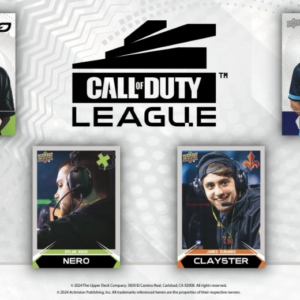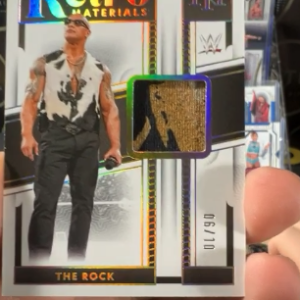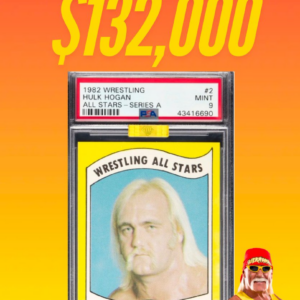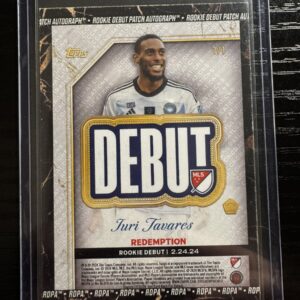Lloyd Howell, the newly appointed executive director of the NFL Players Association, faced a daunting challenge in his first major decision. The association’s move to terminate its exclusive trading card contract with Panini has backfired, resulting in a significant financial blow of $7 million.
The rift between the NFLPA and Panini stemmed from the departure of key Panini employees to rival company Fanatics. The NFLPA cited a “change in control” clause as grounds for ending the contract, but Panini alleged that it was a ploy to shift loyalties to their competitor. The arbitrators sided with Panini, deeming the termination unjustified.
David Boies, Panini’s attorney, emphasized the arbitrators’ ruling as a validation of their claims. He criticized the NFLPA’s actions, stating that the termination not only breached legal and moral obligations but also deprived members of substantial earnings. Despite the dispute, Panini continued supplying cards, prioritizing fans, collectors, and players’ interests.
In a separate legal battle, Panini has lodged an antitrust and tortious interference lawsuit against Fanatics, though the latter was not directly involved in the arbitration process. The NFLPA’s silence on the matter has left lingering questions about its decision-making and allegiance to stakeholders in the trading card industry.
The fallout from this arbitration extends beyond monetary losses, casting a shadow over the NFLPA’s reputation and its stewardship of players’ rights and fan interests. The association faces scrutiny over its handling of contractual obligations and the implications of its actions on the broader trading card community.






